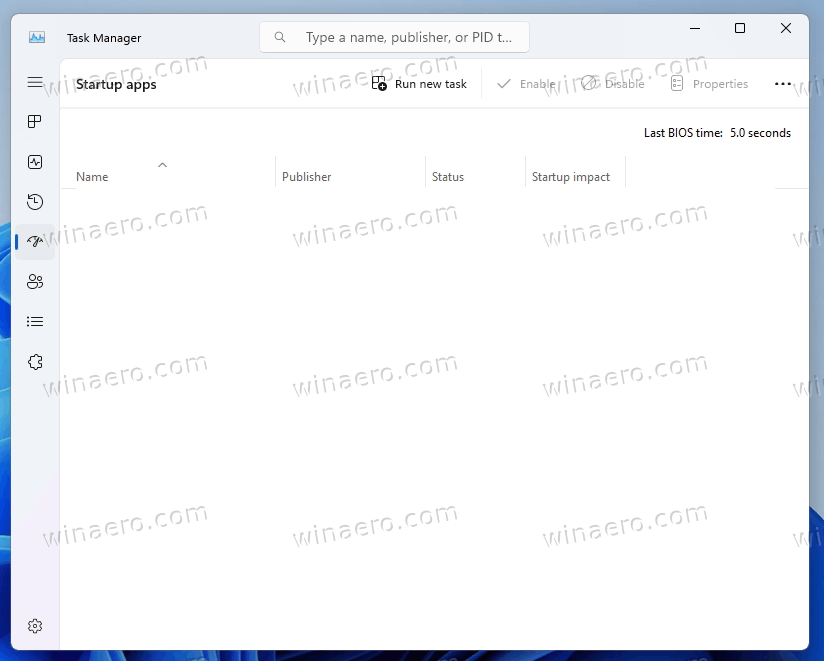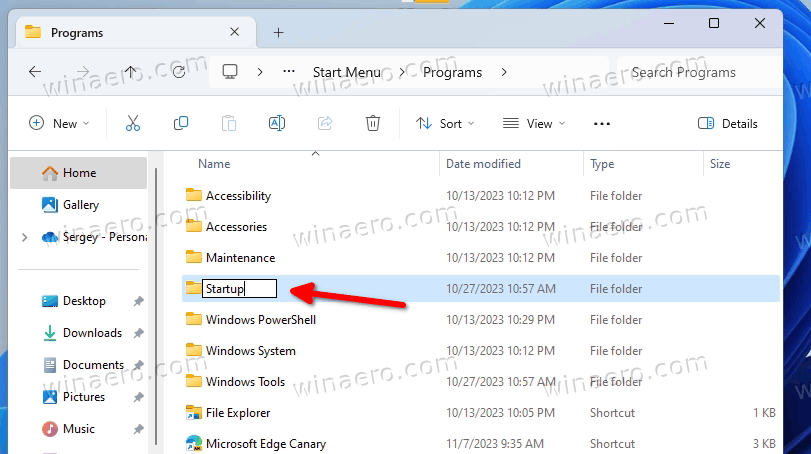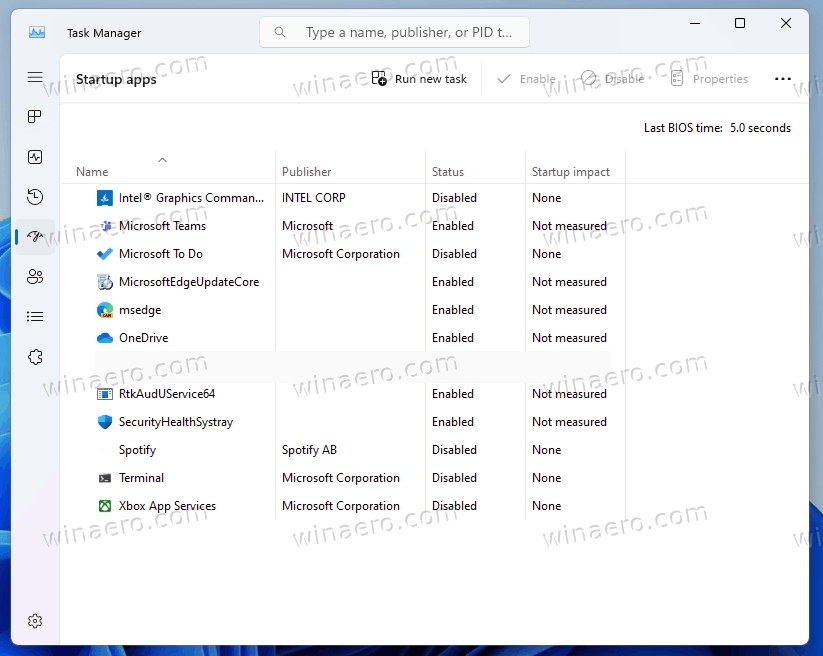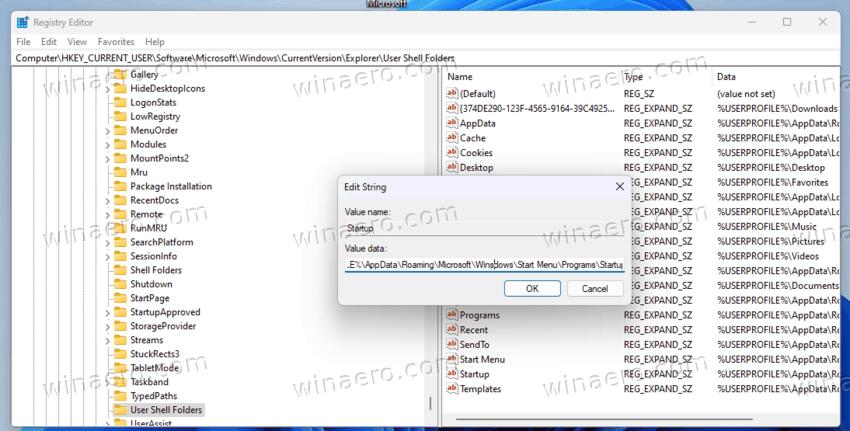You may face an issue when the Startup tab in Task Manager is blank and shows no entries. It can be caused by a file system defect, or by a broken Registry. In this article, we will review how to fix it.
Advertisеment
Windows Task Manager comes with a special Startup tab to manage startup apps. This dedicated tab contains a list of applications that run automatically when the system starts. It includes third-party programs and system apps that present in a special folder location and Registry entries.
In some cases the Startup tab may be completely empty. Despite that fact, Windows continues to automatically launch apps when you sign in to your user account.
Most often, the cause of the issue is a removed Startup folder. It exists under two locations.
- %programdata%\Microsoft\Windows\Start Menu\Programs - for all users, the common Start menu.
- %userprofile%\AppData\Roaming\Microsoft\Windows\Start Menu\Programs - this location is for the current user account.
Maybe you, some app, or someone else with whom you share your PC has deleted these folders. So you need to recreate them.
Fix Empty Startup Page in Task Manager
Step 1. Create missing Startup folders
- Open File Explorer (Win + E).
- Paste %userprofile%\AppData\Roaming\Microsoft\Windows\Start Menu\Programs in the address bar, and hit Enter.

- Here, create a new folder here, and name it Startup if such a folder doesn't exist. To create a new folder quickly, you can press Ctrl + Shift + N.

- Now, return to the address bar and paste %programdata%\Microsoft\Windows\Start Menu\Programs.
- Again, create here the Startup folder if you don't have one.
- Now, restart Windows, and open the Task Manager (Ctrl + Shift + Esc). It should now list apps on the Startup tab.
You are done. These trivial steps are usually enough to fix the Task Manager app.
To save your time, you can open command prompt or Terminal with the cmd.exe profile, and run the following commands one by one.
md "%userprofile%\AppData\Roaming\Microsoft\Windows\Start Menu\Programs\Startup"md "%programdata%\Microsoft\Windows\Start Menu\Programs\Startup"
Finally, if you prefer PowerShell, here are the code snippets that create the same folders using PowerShell.
mkdir "$env:userprofile\AppData\Roaming\Microsoft\Windows\Start Menu\Programs\Startup"mkdir "$env:programdata\Microsoft\Windows\Start Menu\Programs\Startup"
You can safely ignore errors that appear if one of the folders already exists.
If you have done everything above, but the Startup tab is still empty, it is time to check the Registry entries related to the reviewed folders.
Step 2. Fix the Registry Entries
- Open the Registry Editor (Win + R > regedit > Enter).
- Navigate to the HKEY_CURRENT_USER\SOFTWARE\Microsoft\Windows\CurrentVersion\Explorer\User Shell Folders key. You can paste this path to the address bar of the Registry editor.
- Check out the Startup string value on the right. It must be set to %USERPROFILE%\AppData\Roaming\Microsoft\Windows\Start Menu\Programs\Startup. If it is missing or set to some non-existing folder, double-click it and correct its value data.

- Restart the computer.
From now on, the Startup tab in the Task Manager should work as expected, and include the list of apps.
Support us
Winaero greatly relies on your support. You can help the site keep bringing you interesting and useful content and software by using these options:
If you like this article, please share it using the buttons below. It won't take a lot from you, but it will help us grow. Thanks for your support!
Advertisеment
